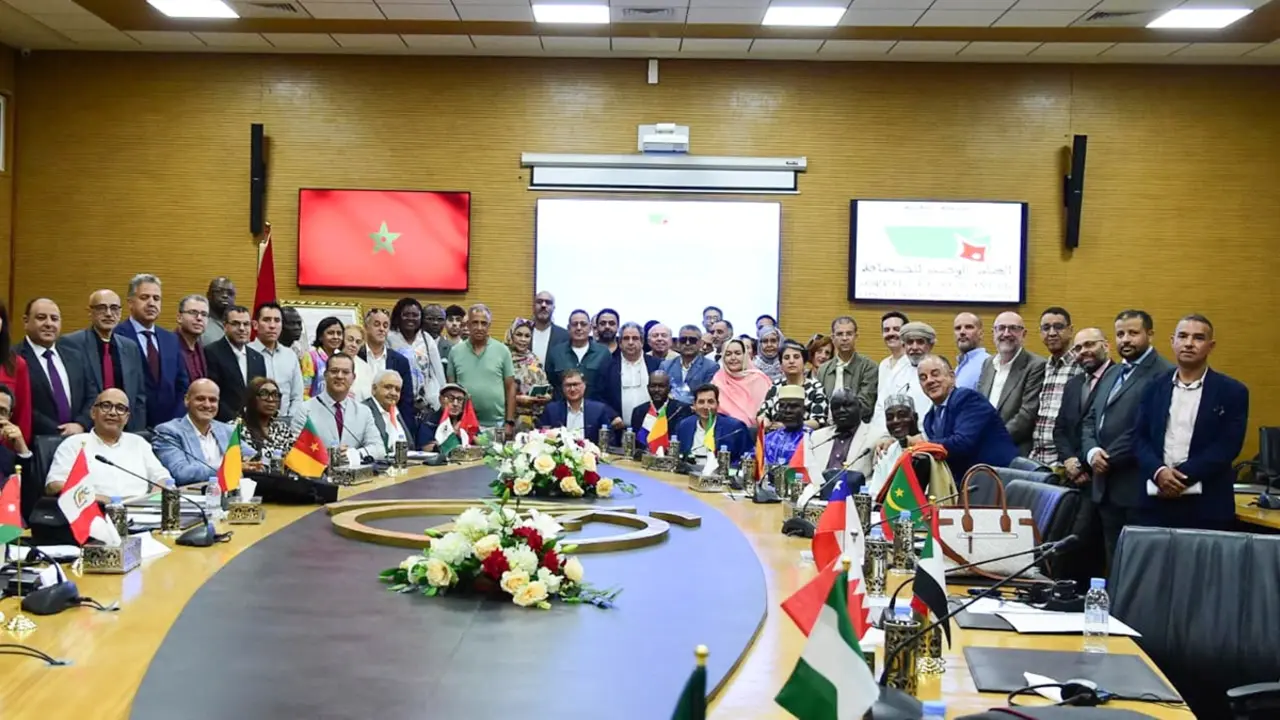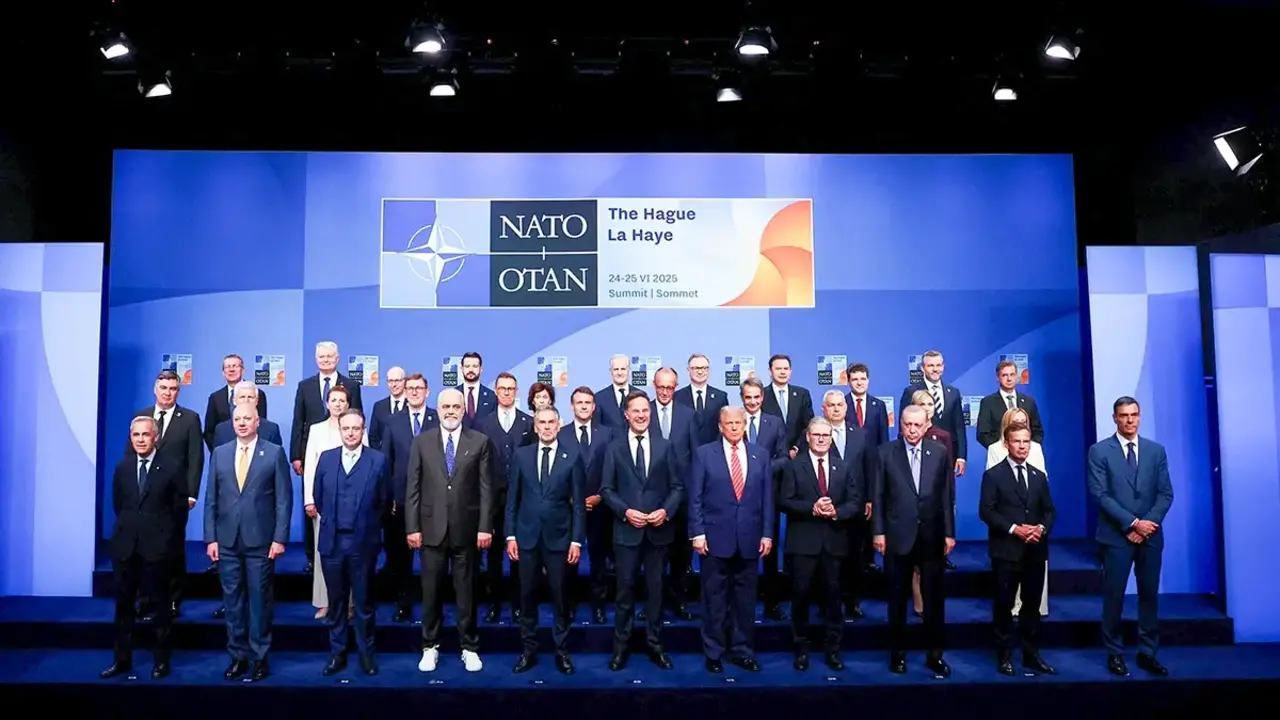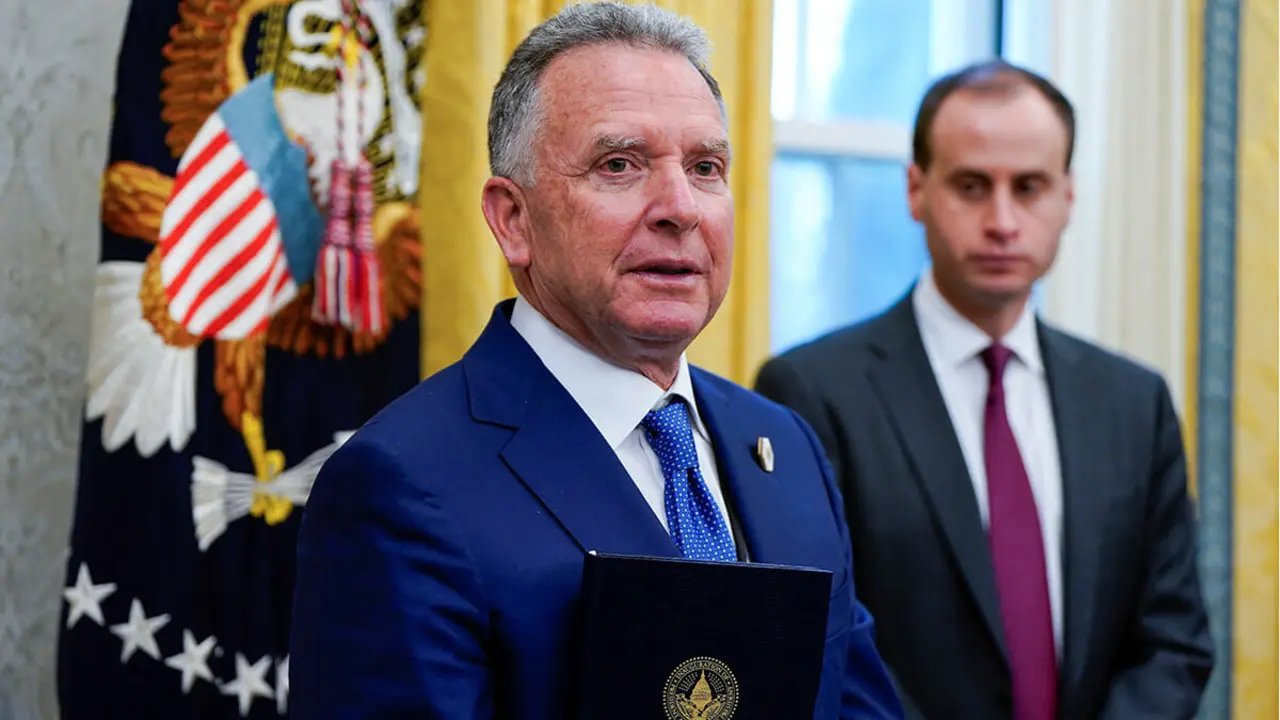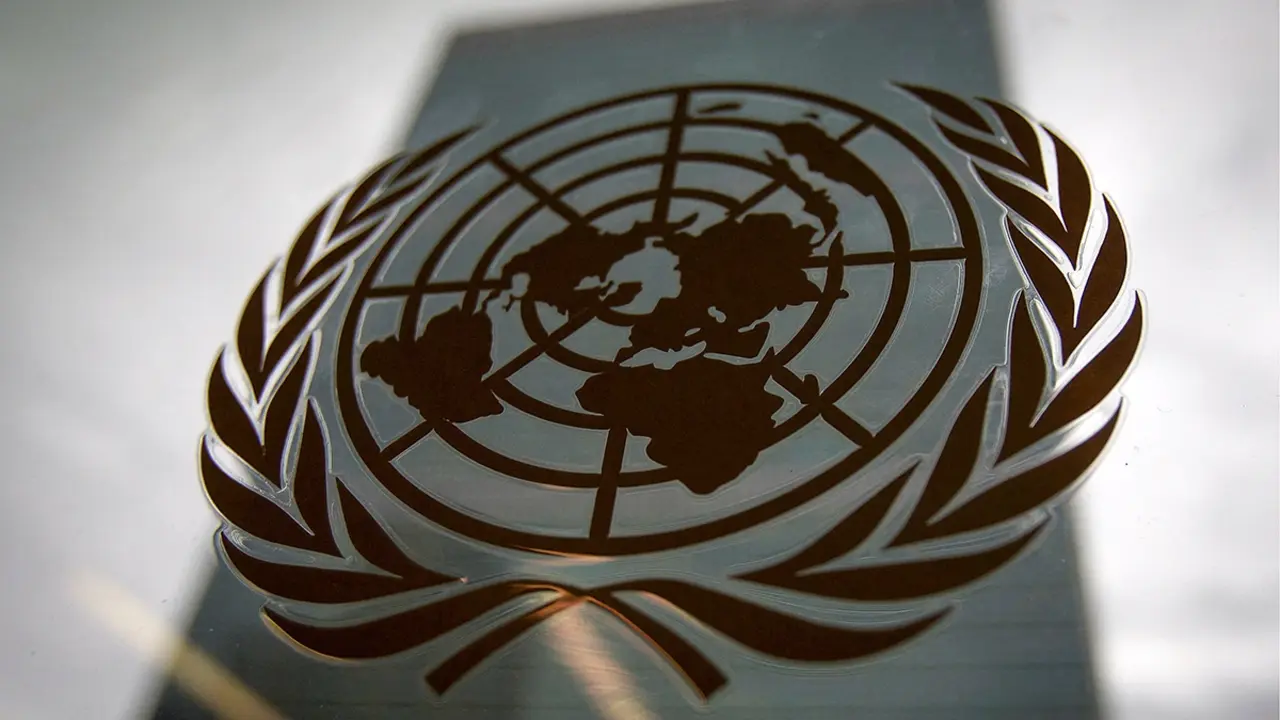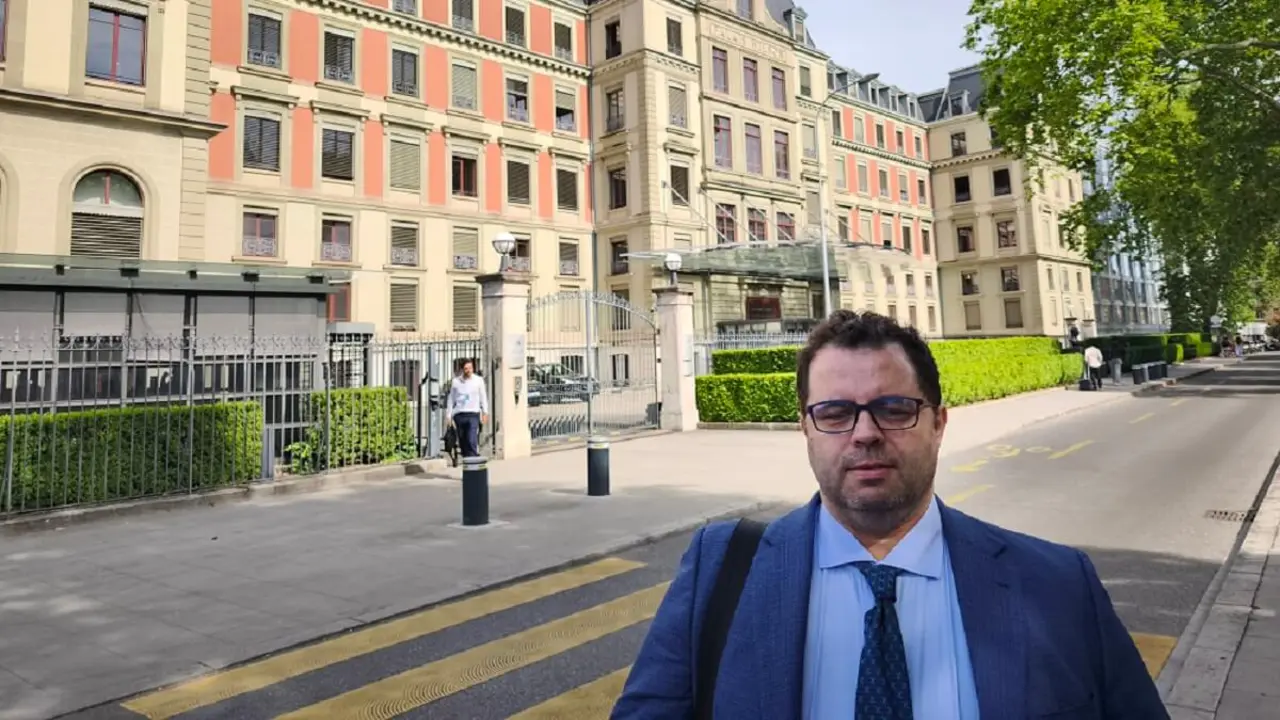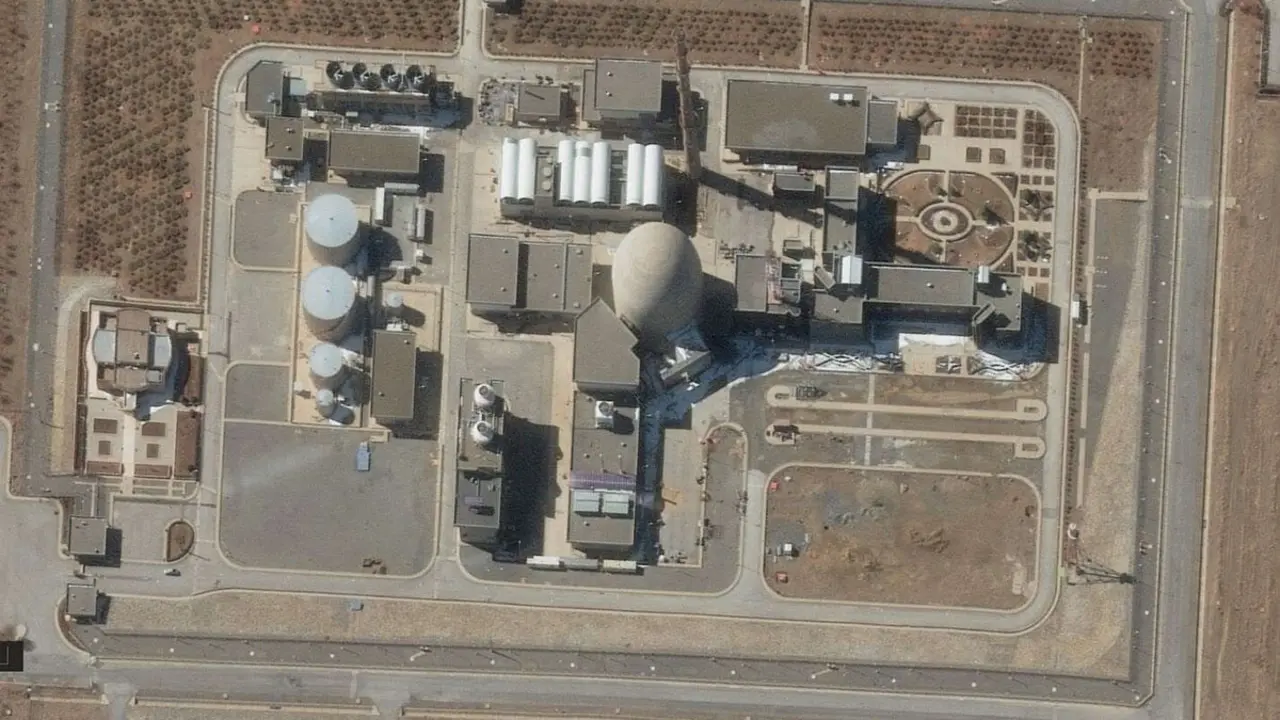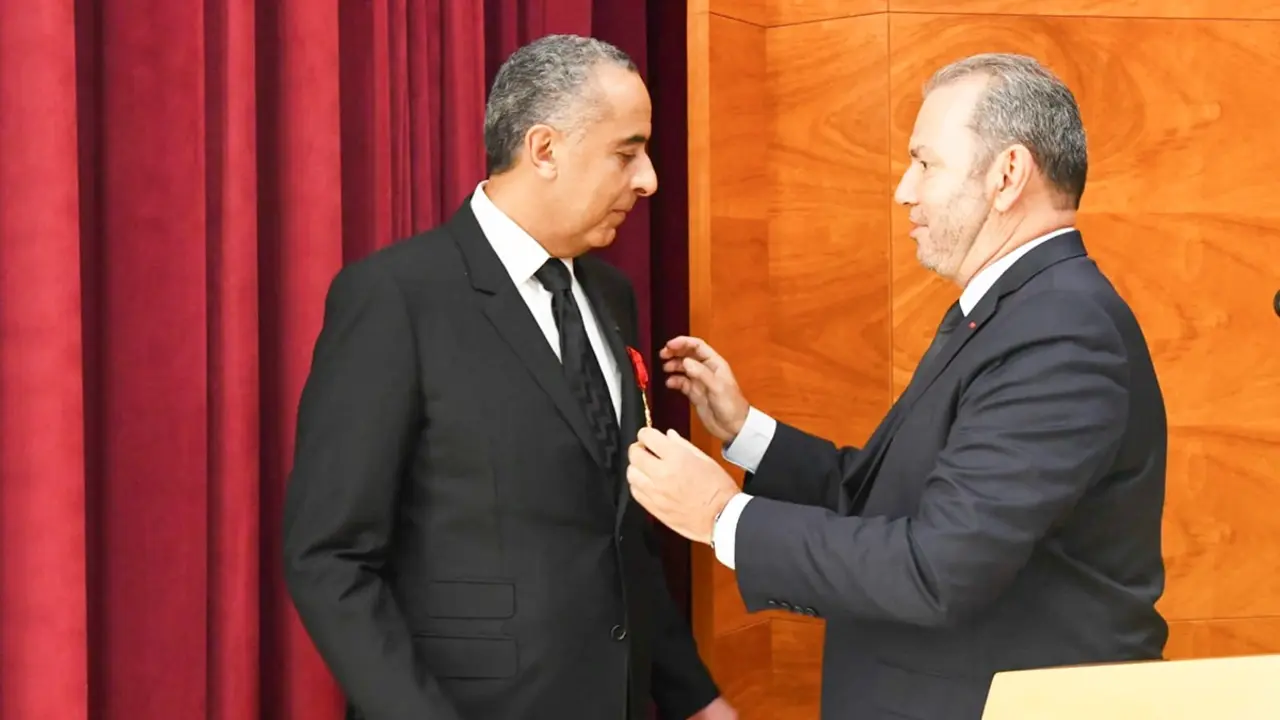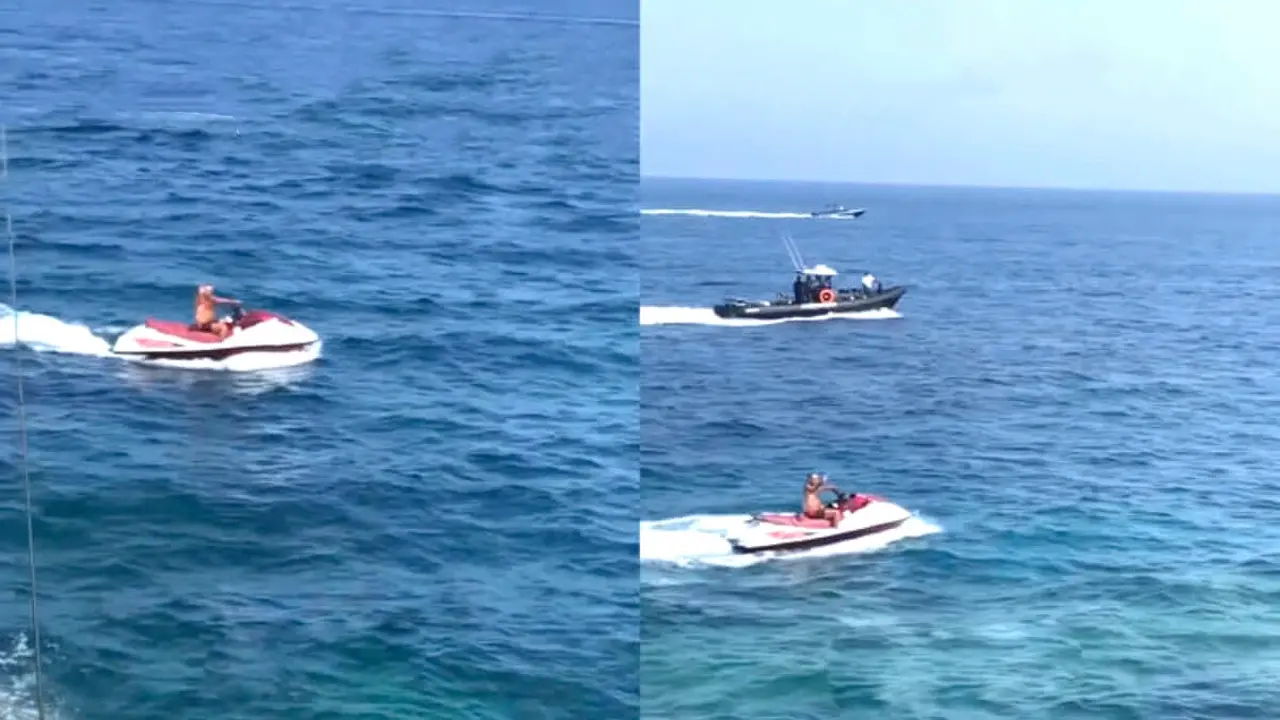European Union warns Turkey against a new wave of migrants

The European Union's High Representative for Foreign Policy, Josep Borrell, on Wednesday sent a message of solidarity with Greece from the Greek-Turkish border and a warning to the government in Ankara, which in recent weeks has again made veiled threats to encourage migrants to cross over into Europe. "The Greek borders are also the borders of the European Union ... We are determined to protect the external borders of the EU and strongly support the sovereignty of Greece," said Borrell after visiting with Greek Foreign Minister Nikos Dendias a military post on the border and approaching the Kastaniés crossing in northern Greece. The head of European diplomacy stressed, however, the need for Greece to have a good neighbourly relationship with Turkey, "to protect our interests and strengthen regional stability".
Dendias accused Turkey of blackmailing Europe with the instrumentalisation of refugees and reproached it with "systematically violating the sovereignty of Libya, Syria, Iraq and our European partner, the Republic of Cyprus". The minister assured that his country is ready to negotiate with Turkey, but not under threat. He referred to statements made by his Turkish counterpart, Mevlut Cavusoglu, who said a few days ago that both countries should resume dialogue, but at the same time said that he would "respond" to any attempt by Greece to stop the energy explorations it is planning in the south of the island of Crete.
In recent months tensions between Greece and Turkey have once again increased due to Ankara's energy claims in a maritime area that Greece considers its own. Following the signing in November last year of an agreement with the National Accord Government (NAG) in Tripoli, recognised by the United Nations, Turkey has delineated an exclusive economic zone (EEZ) reaching into the maritime waters of the island of Crete.
Turkey denies that the islands have a continental shelf and therefore claims these waters, an approach which not only Greece but also the European Union and the United States do not accept. The government of the conservative Kyriakos Mitsotakis has since been calling on the European Union for a clearer response to what it considers to be constant provocations by Turkey.
In this new dispute, which joins the many that both countries have historically, Ankara has used the migration crisis as a weapon. Almost four months ago, the Kastaniés crossing visited by Borrell on Wednesday was the scene of an attempt by thousands of migrants and refugees to enter Greece from Turkey. They did so at the encouragement of Recep Tayyip Erdogan's government, which had claimed that the borders had been opened. The COVID-19 crisis helped to contain this front, as it erupted only a few days after this moment of border tension.
The tension on the border led the European Union leadership to move to the same crossing point on 3 March to send out a message of similar symbolism as this Wednesday. The President of the European Commission, Ursula von der Leyen, thanked Greece for acting as a "European shield" and stressed that the EU's priority is to ensure that "order is maintained on the Greek external border, which is also a European border".
Now that the borders are being reopened the refugees are once again becoming victims of the power game between the two countries and at Ankara's insinuations that there could be another massive attempt at crossings, Athens has strengthened the land border and increased surveillance at sea. This is apparently done through methods reported as illegal by NGOs, such as hot pursuit, both by sea and by land. Numerous graphic documents published in recent weeks show the Greek coast guard intercepting boats with refugees, forcing them back into Turkish waters, beating them with sticks or making them look like they are being rescued and then abandoning them to their fate in the waters of the neighbouring country.

